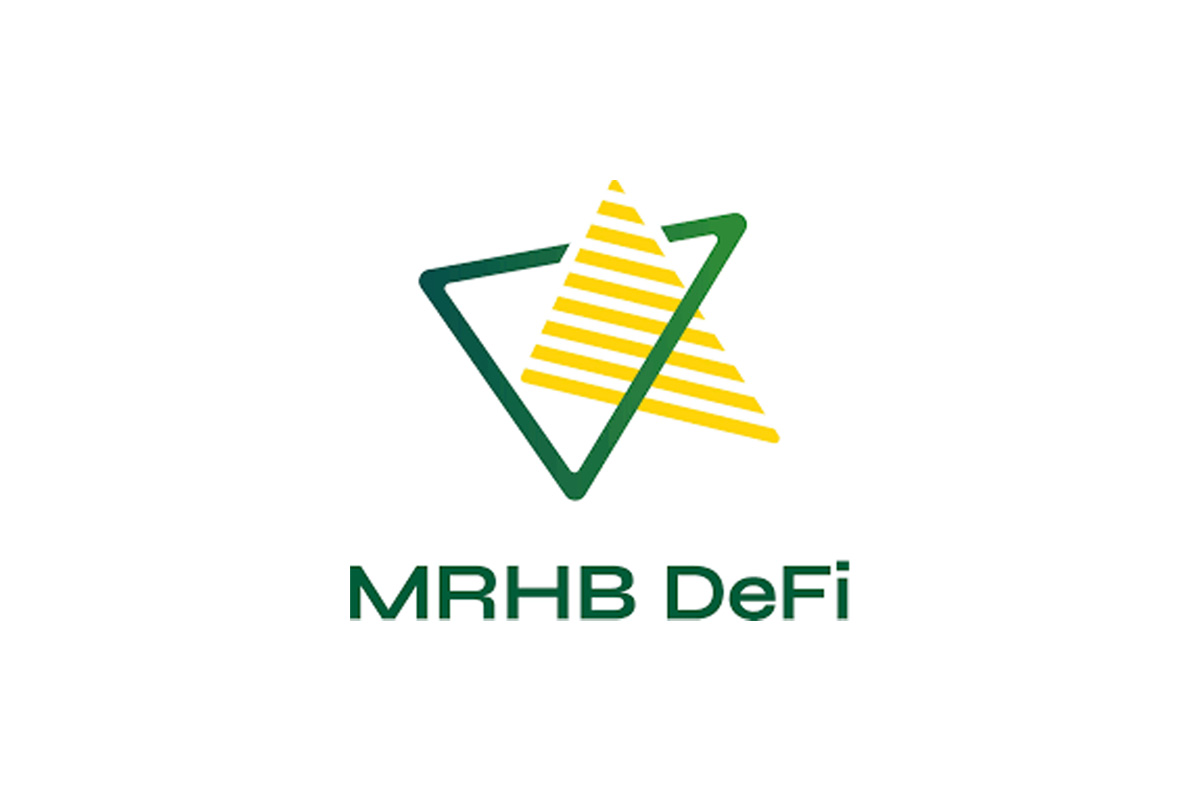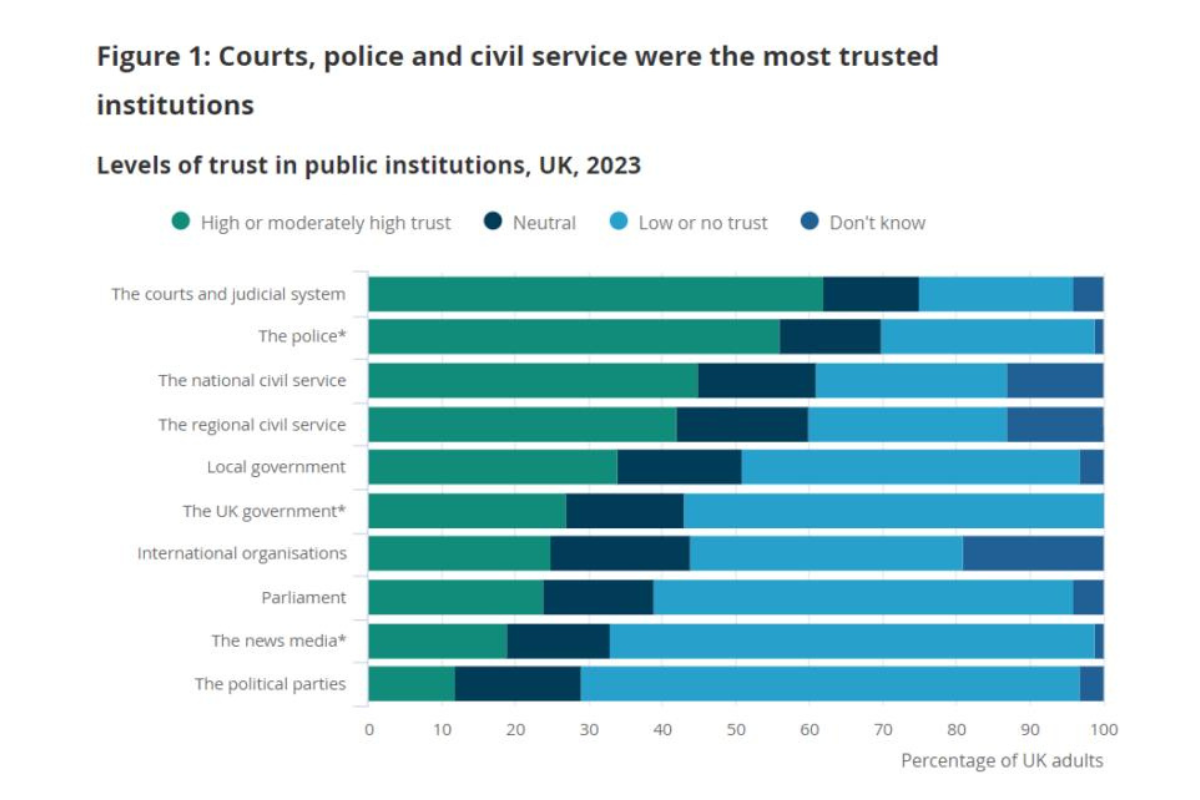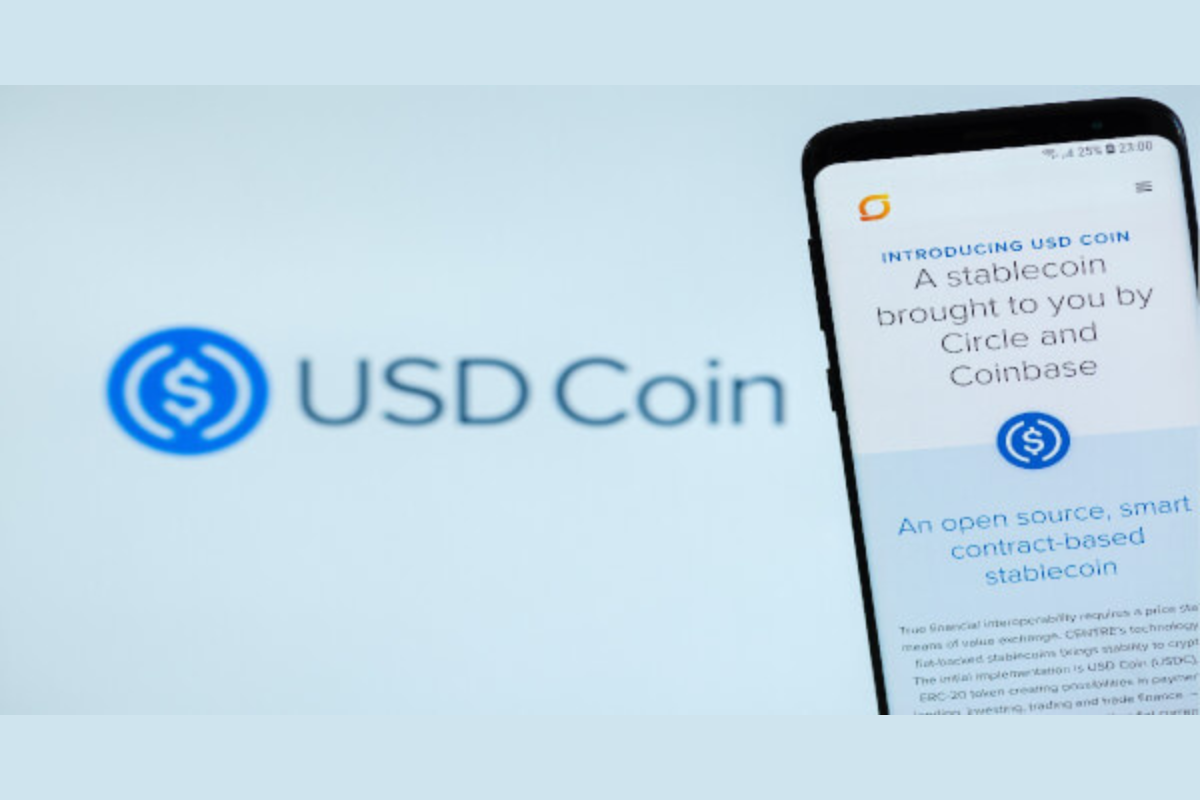Blockchain
MRHB DeFi: Successful US$5.5M Fundraise to Fuel Vision of Bringing Ethical DeFi to Excluded Communities Everywhere

MRHB DeFi, the world’s first decentralized finance ecosystem platform focused on ethical, sustainable and halal crypto opportunities, has successfully raised a total of USD 5.5 million through a series of private and public funding rounds which culminated in an initial DEX offering (IDO) that was oversubscribed on the DODO and ZeeDO launchpads.
Prior to its IDO, the startup gave the community direct access through two public sales on its official website, which saw tremendous support from its community of over 50,000 members.
“Our funding rounds have surpassed our expectations and prove beyond doubt the huge demand for ethics in the cryptoverse,” said MRHB DeFi CEO Naquib Mohammed. “We want to take the opportunity to express our heartfelt appreciation for our valued partners and loyal supporters, without whom we would not have made it this far. These are just the first steps of our ambitious multi-year journey that we have begun, together with our community, to ensure that everyone can participate in building an ecosystem where trust and values matter – hence giving access to the growing opportunities of the crypto-economy.”
The ethical startup is also backed by investors and partners which include Polygon Technology, Sheesha Finance, Australian Gulf Capital, Mozaic, NewTribe Capital, Blockchain Australia, Contango Digital Assets, Masary Capital, ZKSync, Acreditus Partners, EMGS Group, Sinofy Group, Sukhavati Protocol and MKD Capital amongst others.
“It always seems impossible until it’s done.” – Nelson Mandela
MRHB began as an idea 15 months ago, when Naquib, who was at that time working on Enterprise Blockchain use cases, was interviewed by a crypto news agency about the general trends of DLT.
The questions came around to the acceptance of crypto within the muslim communities in the Middle East, an interesting angle which led Naquib to delve further into the DeFi world, where he noticed the absence of halal projects. Understanding that there was a gap, he started putting down ideas and developing conversations with tech friends and like-minded connections, all of whom saw the immense possibilities with crypto but were disheartened by the absence of projects and protocols that were halal and consistent with their financial and ethical principles. The immense complexity of the cryptoverse as a whole also stood out as a further deterrent.
Resident in Saudi Arabia, he soon realised through various community discussions – both in the middle east and farther afield – that many fellow Millennials and Gen Z’ers were facing the same challenges and were hence avoiding the entire cryptoverse. This meant that many communities – especially Muslims – were excluded from the opportunities in this new tech frontier. Thus began his journey of taking on the challenge and goal of building a landmark halal project in the DeFi ecosystem.
Over the course of six months, Naquib assembled a team that included not just developers but reputable industry professionals and Shariah experts, all of whom shared his vision of creating an ethical DeFi ecosystem that reflects community values and beliefs. It would be the first to fill a major gap in the crypto space and address the needs of communities that number more than a billion, who have all thus far been excluded due to ethics, faith, fear and complexity.
While the DeFi offerings were aimed at adhering to ethical investment and financing principles rooted in Islamic Finance (primarily the prohibition on interest-based lending and income, and sectors deemed unethical or exploitative like gambling, pornography etc), MRHB would also be focused on removing technological complexity. Thus the overall objective was to build a more empowering and ethical community-focused platform that would also cater to those new to crypto while addressing the negative perception created by extensive instances of fraud, risk and opacity in the crypto space.
The Islamic Finance sector is the first target and is the largest and most active faith-based market. It is currently sized at around USD 3 trillion – attracting even a small portion of Islamic liquidity into DeFi will represent a major boost to the total value of the DeFi sector worldwide.
Community Focused and Community Supported
Approximately 85% of the funds raised came from the MRHB global community which spans from Canada to Australia – all of whom are looking for an ethical and halal entry into the cryptoverse. The inclusive startup is aptly named, with MRHB being short for “Marhaba”, which means “welcome” in Arabic, as the project ushers in entire crypto newbie communities.
The platform’s $MRHB token is now available for trades on PancakeSwap, one of the leading decentralized exchanges on the Binance Smart Chain (BSC) network and remains above the launch price in spite of overall bearish markets.
To reward the community and encourage more market liquidity, a 5 million pool of MRHB token rewards has been set aside for token holders who provide liquidity to the MRHB/BNB pool on PancakeSwap. These rewards are for the next two months and apply on top of their share of trading fees earned. Token lockups for early project supporters will begin soon, allowing liquidity providers to invest their $MRHB tokens and receive additional rewards.
MRHB DeFi is already moving forward with their production roadmap, having recently launched its Souq NFT Marketplace, the first NFT marketplace guaranteed to contain halal-only content. The launch of Sahal Wallet, a non-custodial mobile wallet featuring filtering technology that will allow for frictionless access to halal tokens, is slated for the middle of next month. The pioneering Liquidity Harvester, MRHB’s passive and stable crypto income product, will be launching in Q2 and the project is currently in advanced discussions with pioneering regulated institutional partners to offer halal crypto-wealth products. More decentralized and centralized exchange listings are also coming up in the near future, welcome news for the MRHB community.
Blockchain
Decentralized science can be the next big thing for blockchain utilization

Decentralized science leverages blockchain’s decentralized ledger technology to address common challenges faced by researchers, including data integrity, reproducibility, and collaboration. By recording scientific data and research findings on a tamper-proof blockchain, researchers can ensure the integrity and authenticity of their work, reducing the risk of data manipulation or fraud.
Moreover, blockchain enables transparent and traceable peer review processes, allowing researchers to validate and verify each other’s work more effectively. This enhances the credibility and reliability of scientific publications, fostering trust within the scientific community and among the general public.
Blockchain-based platforms also facilitate greater collaboration and knowledge sharing among researchers, breaking down traditional barriers to access and enabling interdisciplinary collaboration. Through decentralized science platforms, researchers can securely share data, resources, and expertise, accelerating the pace of scientific discovery and innovation.
Despite its potential benefits, decentralized science still faces challenges, including regulatory uncertainties, technological barriers, and resistance to change within the scientific community. However, as blockchain technology continues to evolve and gain acceptance, decentralized science is poised to emerge as a transformative force in scientific research and collaboration.
Source: cointelegraph.com
The post Decentralized science can be the next big thing for blockchain utilization appeared first on HIPTHER Alerts.
Blockchain
How blockchain-based voting can restore trust in the electoral process

In this article we’re discussing the potential of blockchain-based voting systems to rebuild trust in electoral processes. These systems leverage blockchain technology’s transparency and immutability to address concerns surrounding election integrity and voter fraud.
Blockchain-based voting solutions offer several advantages over traditional methods, including increased transparency, security, and accessibility. By recording votes on a decentralized ledger, blockchain ensures that each vote is securely stored and tamper-proof, reducing the risk of manipulation or fraud.
Moreover, blockchain-based voting systems can enhance voter participation by providing greater accessibility to remote and disenfranchised populations. Through secure digital platforms, voters can cast their ballots from anywhere, reducing barriers to participation and promoting inclusivity.
Despite the potential benefits, the adoption of blockchain-based voting systems faces challenges, including regulatory hurdles and technological limitations. Governments and electoral authorities must navigate these obstacles to implement effective and trustworthy voting solutions.
Overall, the article highlights the transformative potential of blockchain technology in restoring trust and integrity to electoral processes. By embracing innovative voting systems built on blockchain, societies can uphold democratic principles and ensure fair and transparent elections.
Source: tradingview.com
The post How blockchain-based voting can restore trust in the electoral process appeared first on HIPTHER Alerts.
Blockchain
Binance Integrates USD Coin (USDC) on CELO Network

Binance has announced the integration of USD Coin (USDC) onto the Celo network, marking a significant step forward in expanding the utility and accessibility of USDC within the cryptocurrency ecosystem.
This integration enables users to seamlessly transfer USDC tokens across the Celo network, leveraging its high-speed and low-cost transactions. By integrating USDC on Celo, Binance aims to enhance the interoperability and accessibility of USDC, making it easier for users to engage with decentralized finance (DeFi) applications and access financial services on the Celo network.
USDC is a stablecoin pegged to the US dollar, offering users a reliable and transparent means of transacting value on the blockchain. With its integration on the Celo network, USDC gains access to Celo’s ecosystem of decentralized applications (DApps) and services, further expanding its utility and adoption.
The collaboration between Binance, USDC, and Celo underscores the growing importance of interoperability and cross-chain compatibility within the cryptocurrency space. By leveraging the strengths of each network, users can benefit from enhanced liquidity, accessibility, and functionality when using USDC on the Celo network.
Overall, the integration of USDC on the Celo network represents a significant milestone in advancing the capabilities of stablecoins and decentralized finance, providing users with greater flexibility and choice in managing their digital assets.
Source: blockchain.news
The post Binance Integrates USD Coin (USDC) on CELO Network appeared first on HIPTHER Alerts.
-

 Blockchain Press Releases7 days ago
Blockchain Press Releases7 days agoCanaan Shines at Blockchain Life 2024 in Dubai
-

 Blockchain7 days ago
Blockchain7 days agoQuantum eMotion Files a Patent for Quantum-based Blockchain Wallet Under the Patent Cooperation Treaty (PCT)
-

 Blockchain6 days ago
Blockchain6 days agoPhoenix Group Engages BHM Capital as Liquidity Provider to Boost ADX Liquidity and Enhance Market Dynamics
-

 Blockchain7 days ago
Blockchain7 days agoElizabeth Warren Urges Treasury Secretary Yellen to Implement Strong AML/CFT Measures for Stablecoins
-

 Blockchain6 days ago
Blockchain6 days agoCrypto fans count down to bitcoin’s ‘halving’
-

 Blockchain6 days ago
Blockchain6 days agoTether USDT stablecoin goes live on TON blockchain
-

 Blockchain Press Releases6 days ago
Blockchain Press Releases6 days agoDWF Labs joins the Klaytn Governance Council
-

 Blockchain Press Releases2 days ago
Blockchain Press Releases2 days agoDeFi Lens builds advanced Generative AI for Technical Analysis










































